Information
It is a pleasure to announce that registration for the Purines 2021: X Meeting of the Brazilian Purine Club is open! In 2021, the meeting will be online due to the pandemic and will take place from June 19-22.
The Congress shall gather researchers interested in purinergic signaling from different areas such as biochemistry, pharmacology, immunology, parasitology, biophysics, cellular and molecular biology, among other disciplines.
The program consists of plenary lectures, several symposia and poster presentation sessions. The online program will feature virtual meeting rooms for scientific interaction between the invited speakers with researchers, undergraduate and graduate students, as well as an interaction session for the evaluation of the submitted abstracts presented as panels. The preliminary online program is now available. Even in a virtual environment, this congress shall strengthen ties between laboratories working on purinergic signaling in Brazil and abroad, such as it had been the focus of previous meetings.
For more information and updates, please visit the official website: purines2021.clubedepurinas.com.br
Carregando área de inscrição
Submission of Papers
Click on the button below to access the submission area and submit your papers
Submission areaSpeakers
Prof. Dr. Yong Tang
Prof. Dr. Rafael Zanin
Prof. Dr. Elizandra Braganhol
Prof. Dr. Fabrício Figueiró
Dr. Funda Orhan
Dr. Young-Hwan Jung
Prof. Dr. Andréia Machado Cardoso
Prof. Dr. Aline Mânica
Prof. Dr. Daniela Zanini
Prof. Dr. Robson Coutinho Silva
Prof. Dr. Maria Regina D'Império Lima
Prof. Dr. Claudia Lucia Martins Silva
Prof. Dr. Rodrigo A. Cunha
Prof. Dr. Adriano Martimbianco de Assis
Prof. Dr. Rosane Souza da Silva
Prof. Dr. Carla Denise Bonan
Prof. Dr. Fernanda Bueno Morrone
Prof. Dr. Carla Ines Tasca
Dr. Filipa F. Ribeiro
Prof. Dr. Ana M Sebastião
Dr. Jussemara Souza da Silva
Prof. Dr. Regina Celia Cussa Kubrusly
Prof. Dr. Paula Campello-Costa
Prof. Dr. Denis Broock Rosemberg
Prof. Dr. Lisiane Oliveira Porciuncula
Prof. Dr. Eleonora Kurtenbach
Prof. Dr. Lucianne Fragel Madeira
Prof. Dr. Angela T.S. Wyse
Prof. Dr. Maria Rosa Chitolina
Carolina Adriane Bento
Isadora Cunha Ribeiro
Juliete Nathali Scholl
Melissa Talita Wiprich
Prof. Dr. Mariusz Z. Ratajczak
Prof. Dr. Gutierres, JM
Dr. Gemma Navarro
Dr. Tomohiro Yamashita
Dr. Ya-Fei Zhao
Prof. Dr. Francesco di Virgilio
Prof. Dr. Alexei Verkhratsky
Prof. Dr. Hening Ulrich
Prof. Dr. Roberto Farina de Almeida
Prof. Dr. Claudiana Lameu
Prof. Dr. Ana Lucia Ventura
Prof. Dr. Ana Battastini
Prof. Dr. Alexandre Rodrigues
Schedule:
Opening Ceremony Opening
Opening Conference Conferência · Prof. Dr. Ana Battastini, Prof. Dr. Hening Ulrich, Prof. Dr. Yong Tang
Symposium 1 Symposium
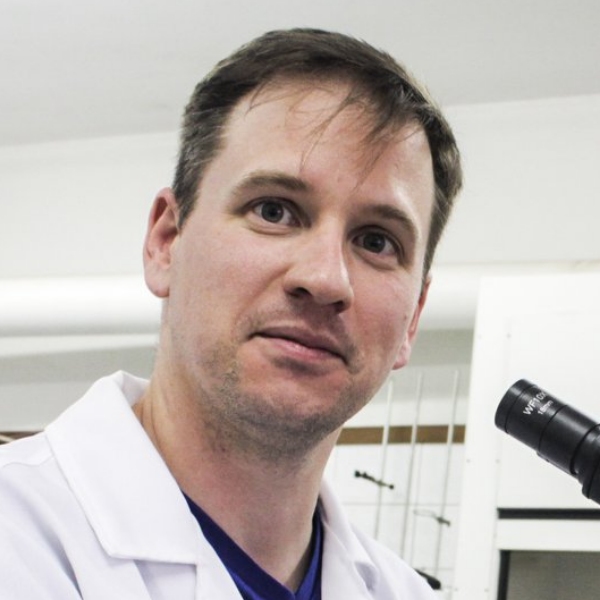
'Macrophages plasticity and purinergic system' at the symposium 'The immunomodulatory properties of purines' Symposium · Prof. Dr. Rafael Zanin
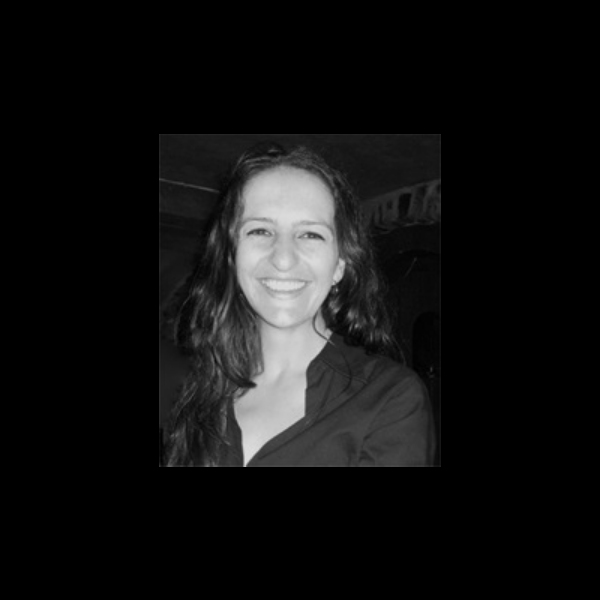
'Purines as key modulators of glioblastoma microenvironment' at the symposium 'The immunomodulatory properties of purines' Symposium · Prof. Dr. Elizandra Braganhol
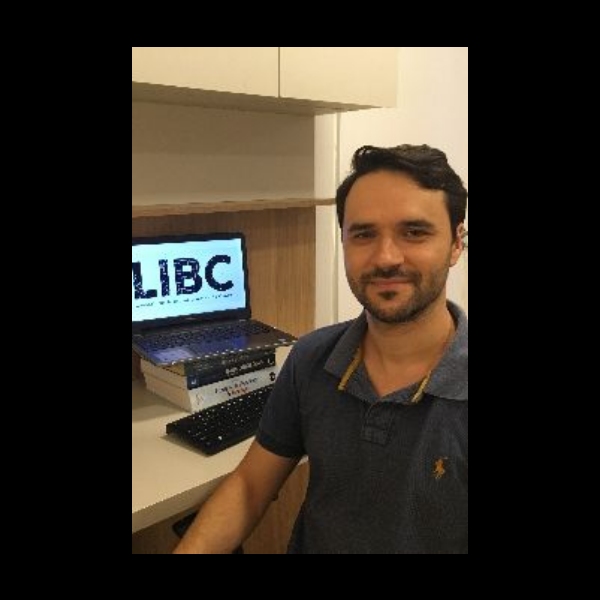
'The adenosinergic axis as a prognostic or immunomodulatory factor in cancer progression' at the symposium 'The immunomodulatory properties of purines' Symposium · Prof. Dr. Fabrício Figueiró
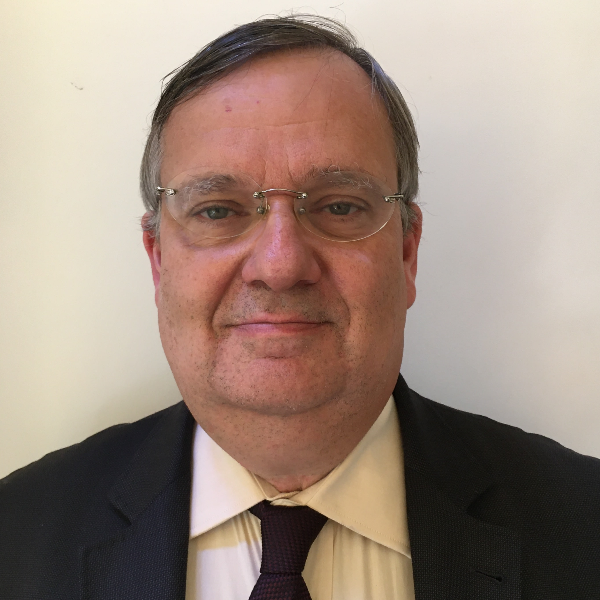
Symposium 2 Symposium · Prof. Dr. Hening Ulrich
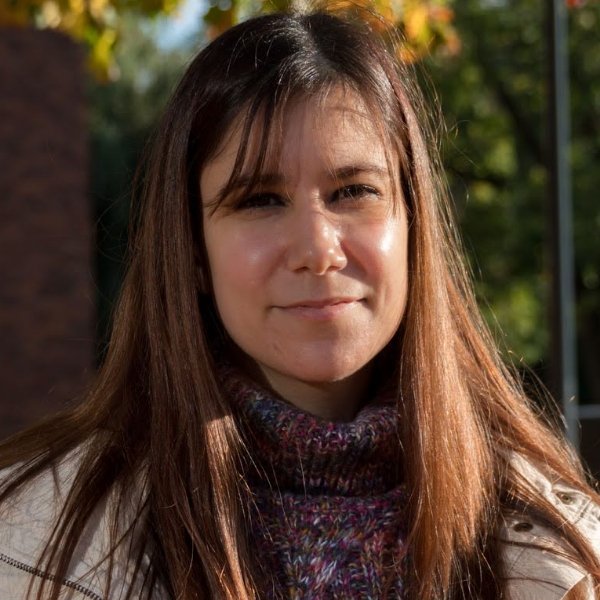
'GRK3 deficiency elicits brain immune activation and psychosis' at the symposium 'Young Investigator' Symposium · Dr. Funda Orhan
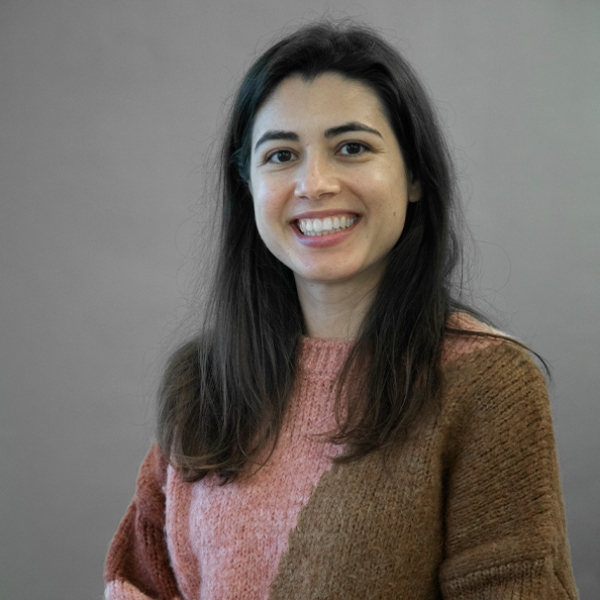
'Regulation of hippocampal postnatal and adult neurogenesis by adenosine A 2A receptor: interaction with brain-derived neurotrophic factor' at the symposium 'Young Investigator' Symposium · Dr. Filipa F. Ribeiro
'Adenosine A2A receptors as a possible therapeutic target for Alzheimer disease' at the symposium 'Young Investigator' Symposium · Dr. Gemma Navarro
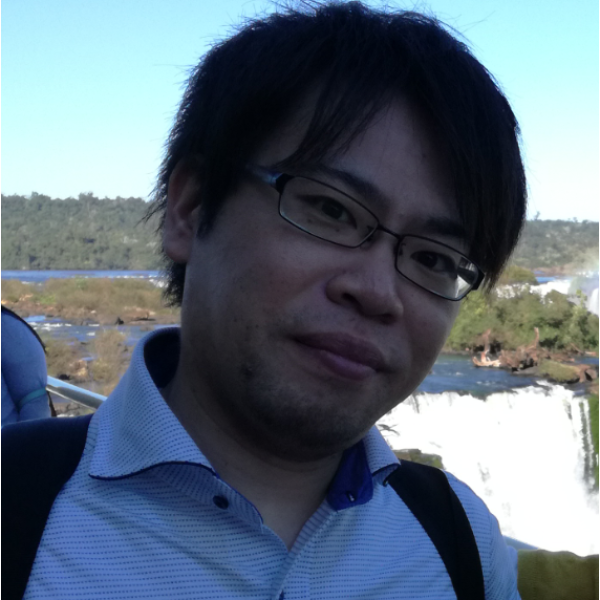
'Therapeutic Approach for the Treatment of Neuropathic Pain by the Inhibition of Microglial P2X7 Receptors by Approved Drug' at the symposium 'Young Investigator' Symposium · Dr. Tomohiro Yamashita
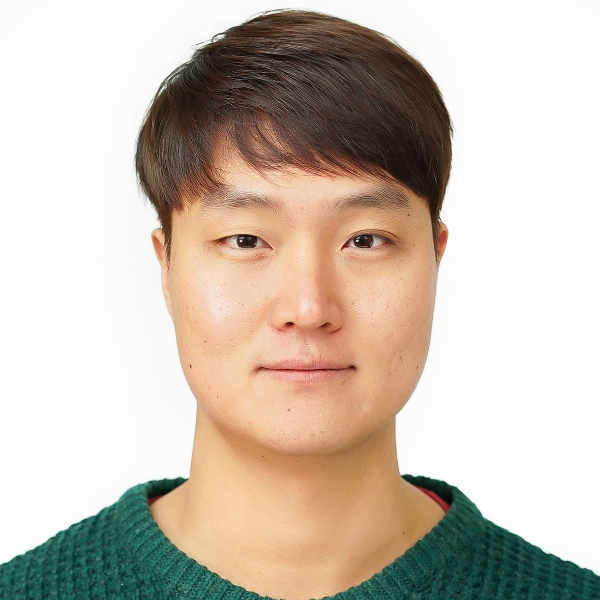
'Structure activity relationships of heterocyclic P2Y14 receptor antagonists: Removal of the zwitterionic character with piperidine bioisosteres' at the symposium 'Young Investigator' Symposium · Dr. Young-Hwan Jung
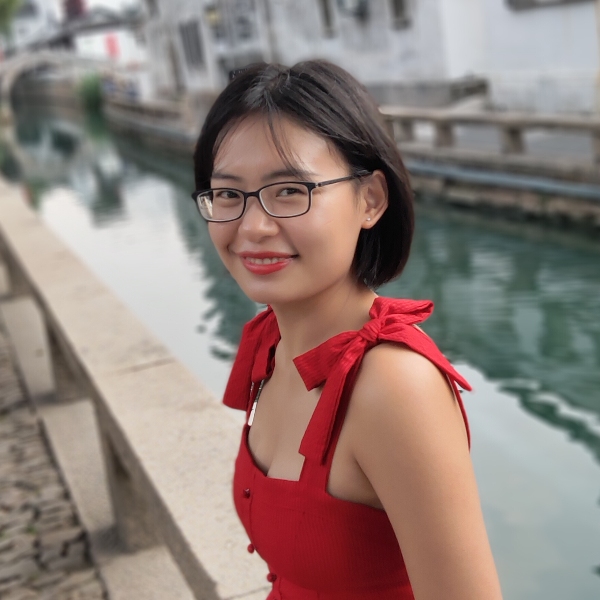
'P2X7 receptor-mediated astrocyte-neuron interaction in the hippocampal CA1 area may steer depression-like behavioral reactions in mice and rats' at the symposium 'Young Investigator' Symposium · Dr. Ya-Fei Zhao
Conference 2 Conferência · Prof. Dr. Ana Battastini, Prof. Dr. Francesco di Virgilio, Prof. Dr. Robson Coutinho Silva
Symposium 3 Symposium

'The anti-inflammatory effect of resistance training in hypertensive women: the role of purinergic signaling' at the symposium 'The role of ATP and inflammation on chronic diseases development' Symposium · Prof. Dr. Andréia Machado Cardoso
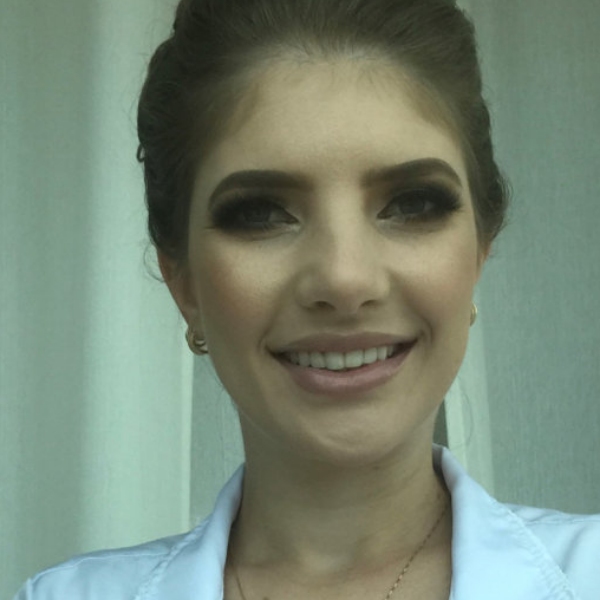
'ATP and its modulatory effect on the purinergic system and inflammation in patients with melanoma' at the symposium 'The role of ATP and inflammation on chronic diseases development' Symposium · Prof. Dr. Aline Mânica
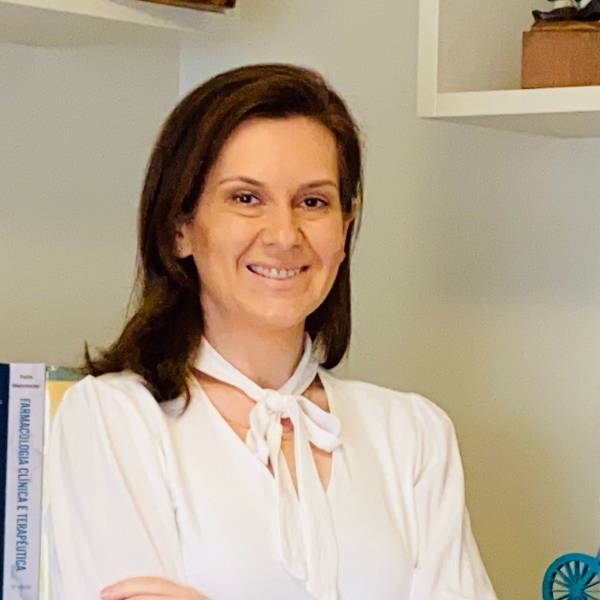
'Involvement of purinergic system components on the physiopathology of lung cancer' at the symposium 'The role of ATP and inflammation on chronic diseases development' Symposium · Prof. Dr. Daniela Zanini
Symposium 4 Symposium
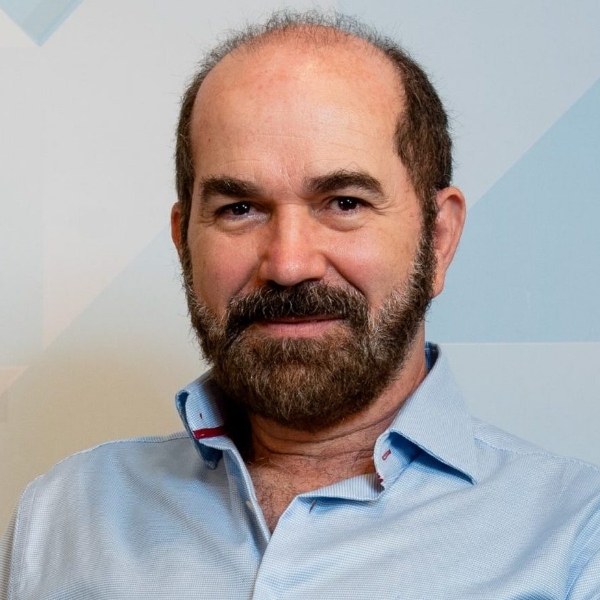
'Purinergic signaling in regulating immune responses in inflammatory and parasitic diseases' at the symposium 'Purinergic signaling in the immune response against intra and extracellular pathogens' Symposium · Prof. Dr. Robson Coutinho Silva
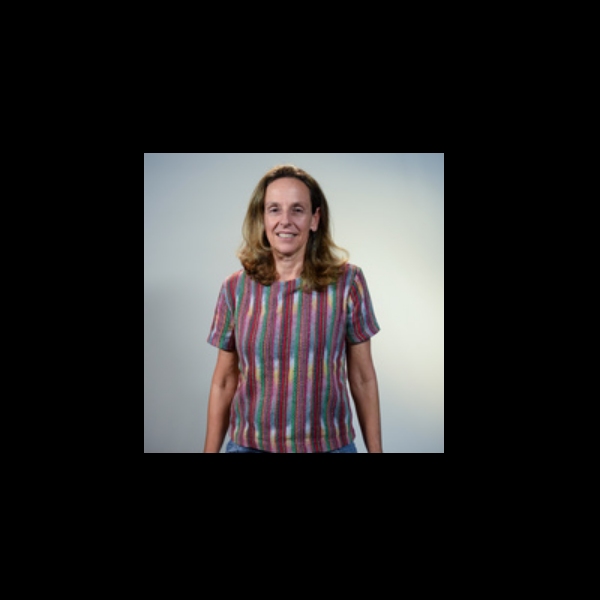
'P2X7 signaling drives CD4+ T cell fate through mitochondrial –mediated pathway' at the symposium 'Purinergic signaling in the immune response against intra and extracellular pathogens' Symposium · Prof. Dr. Maria Regina D'Império Lima
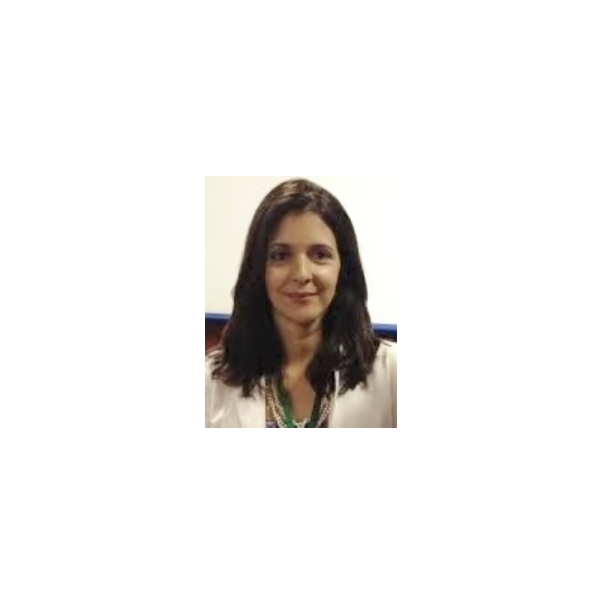
'Alterations of macrophage P2X7 and A2 receptors signaling play a potential role in impaired phagocytosis and host defense during schistosomiasis' at the symposium 'Purinergic signaling in the immune response against intra and extracellular pathogens' Symposium · Prof. Dr. Claudia Lucia Martins Silva
Assembly (in portuguese) Organizing committee
Conference 3 Conferência · Prof. Dr. Maria Rosa Chitolina, Prof. Dr. Rodrigo A. Cunha
Symposium 5 Symposium
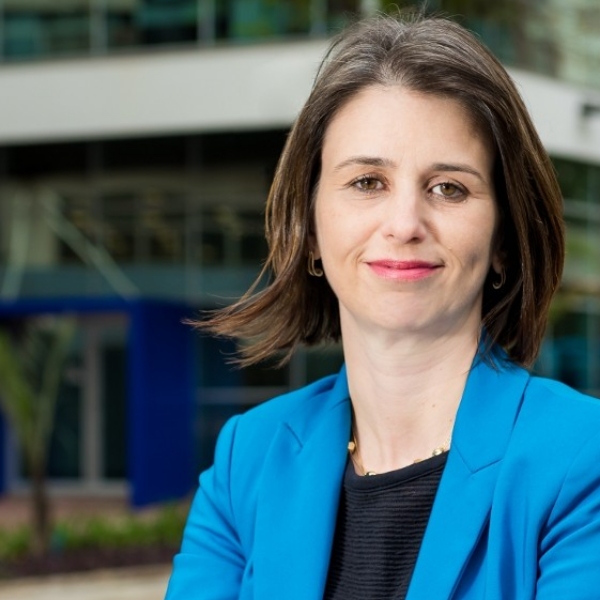
'Modulation of nucleotide and nucleoside catabolism in the neurotoxicity induced by metals' at the symposium 'Zebrafish model in the Purinergic System Studies' Symposium · Prof. Dr. Carla Denise Bonan
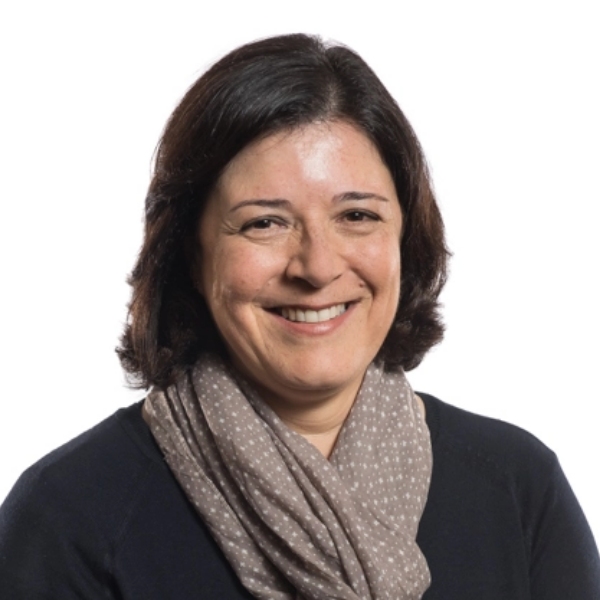
'Involvement of P2X7 receptor in the toxicity and inflammation in zebrafish' at the symposium 'Zebrafish model in the Purinergic System Studies' Symposium · Prof. Dr. Fernanda Bueno Morrone
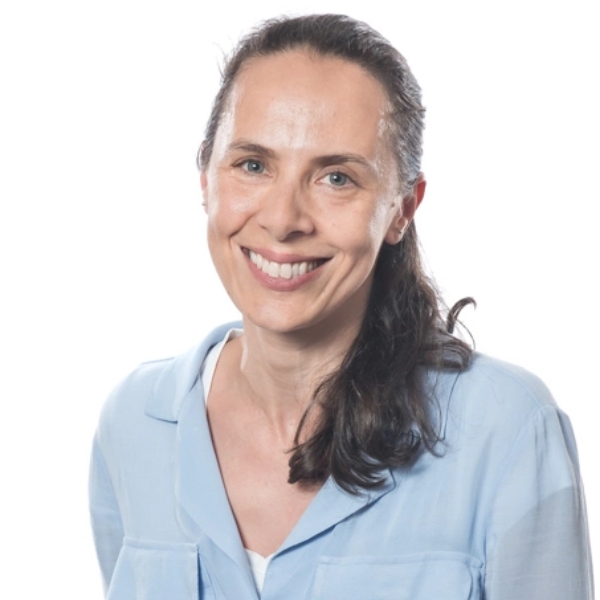
'Zebrafish as a model to study adenosinergic modulation during brain development' at the symposium 'Zebrafish model in the Purinergic System Studies' Symposium · Prof. Dr. Rosane Souza da Silva

Symposium 6 Symposium · Prof. Dr. Roberto Farina de Almeida
'Guanosine enhances glutamate uptake and oxidation, preventing oxidative stress in mouse hippocampal slices' at the symposium 'Guanine-based purines: exploring the modulatory roles of an orphan neuromodulator' Symposium · Prof. Dr. Adriano Martimbianco de Assis
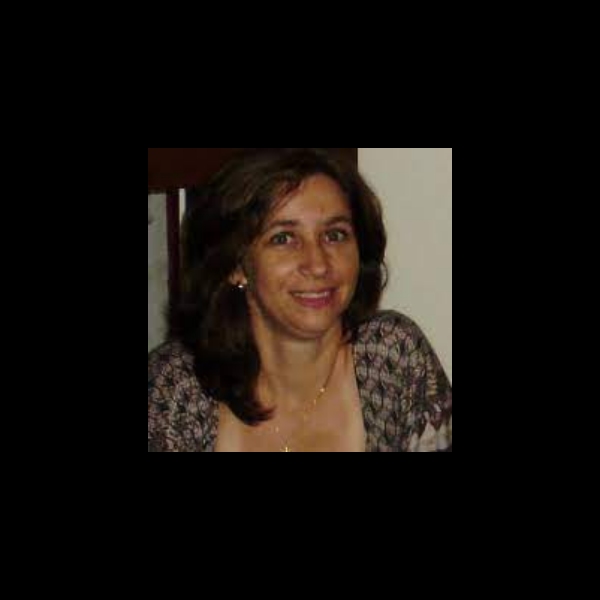
'Adenosine A1 and A2a receptor interaction: contribution to Guanosine effects' at the symposium 'Guanine-based purines: exploring the modulatory roles of an orphan neuromodulator' Symposium · Prof. Dr. Carla Ines Tasca
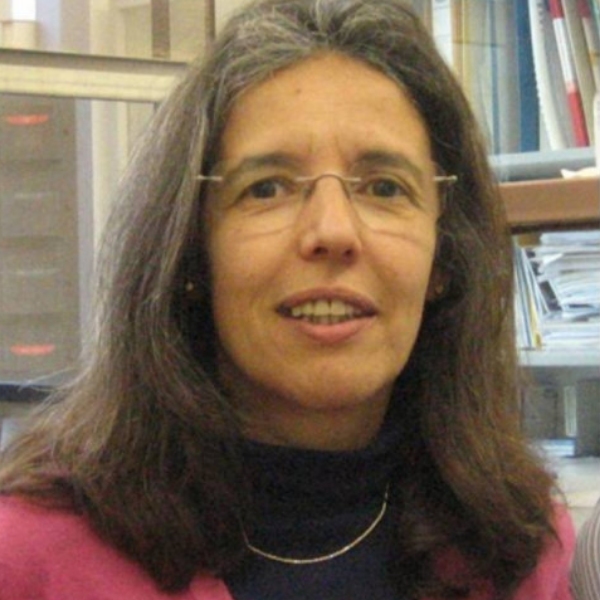
'Purinergic nucleosides and its neurotrophic actions' at the symposium 'Guanine-based purines: exploring the modulatory roles of an orphan neuromodulator' Symposium · Prof. Dr. Ana M Sebastião
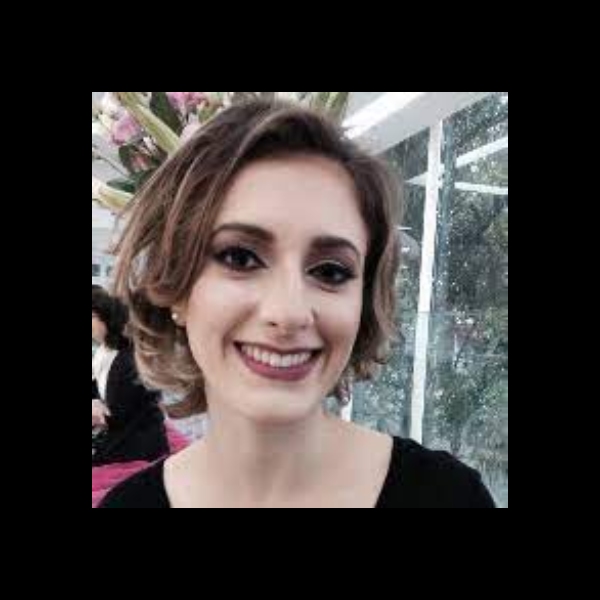
'Guanosine exerts mitochondrial neuroprotection in a rodent model of Alzheimer disease' at the symposium 'Guanine-based purines: exploring the modulatory roles of an orphan neuromodulator' Symposium · Dr. Jussemara Souza da Silva
Conference 4 Conferência · Prof. Dr. Alexandre Rodrigues, Prof. Dr. Ana Lucia Ventura, Prof. Dr. Regina Celia Cussa Kubrusly
Symposium 7 Symposium
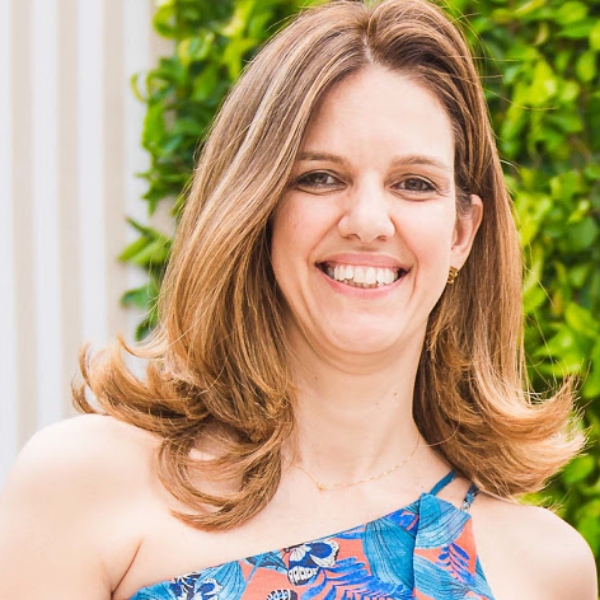
'Neuroplasticity induced by caffeine consumption during development: Possible implication of glial cells' at the symposium 'Caffeine and neurodevelopment' Symposium · Prof. Dr. Paula Campello-Costa
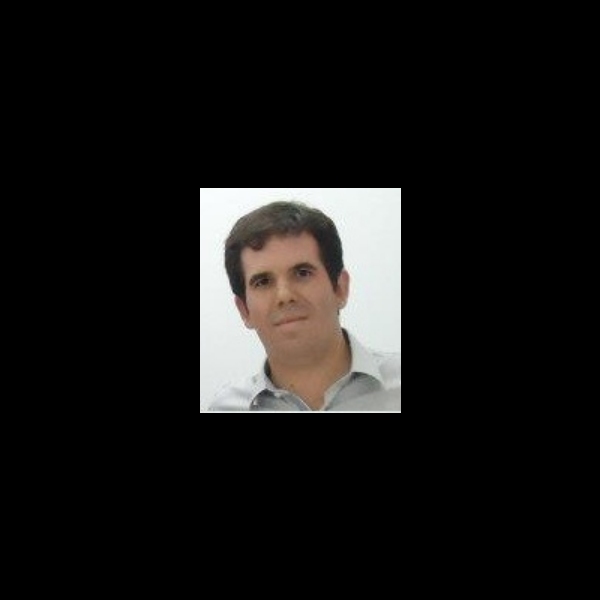
'Behavioral effects of caffeine on anxiety-like phenotypes of zebrafish' at the symposium 'Caffeine and neurodevelopment' Symposium · Prof. Dr. Denis Broock Rosemberg

'Caffeine and sex diferences in ADHD model' at the symposium 'Caffeine and neurodevelopment' Symposium · Prof. Dr. Lisiane Oliveira Porciuncula
Poster Session Presentation Poster
Conference 5 Conferência · Prof. Dr. Alexei Verkhratsky, Prof. Dr. Claudiana Lameu, Prof. Dr. Hening Ulrich
Symposium 8 (in portuguese) Symposium
“Challenge of Scientific education in non-formal education spaces and Sábados da Ciência–A proposal to shorter the gap between scientist and society” at the symposium “The significance of the divulgation and popularization of science in contemporary days” Symposium · Prof. Dr. Eleonora Kurtenbach, Prof. Dr. Robson Coutinho Silva
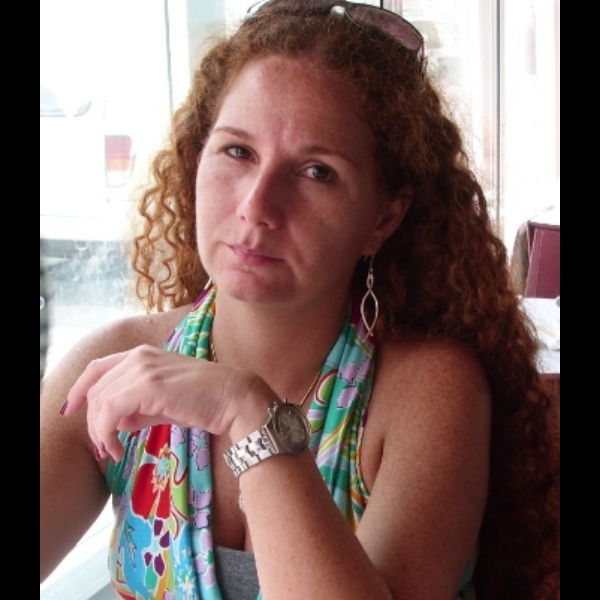
'The traveling of science centers as a strategy to internalize scientific knowledge' at the symposium 'The significance of the divulgation and popularization of science in contemporary days' Symposium · Prof. Dr. Lucianne Fragel Madeira
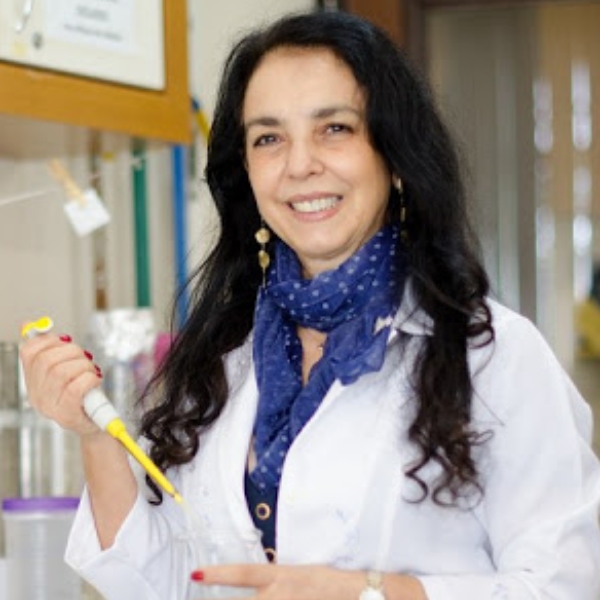
'Connecting postgraduate programs with society: an experience between research laboratories and basic education' at the symposium 'The significance of the divulgation and popularization of science in contemporary days' Symposium · Prof. Dr. Angela T.S. Wyse
'Popularization of Neuroscience and Education: Transdisciplinary construction of modules in neuroscience as pedagogical resources' at the symposium 'The significance of the divulgation and popularization of science in contemporary days' Symposium · Prof. Dr. Gutierres, JM, Prof. Dr. Maria Rosa Chitolina
Poster Session 2 Presentation Poster
Symposium 9 Symposium · Isadora Cunha Ribeiro, Prof. Dr. Rosane Souza da Silva
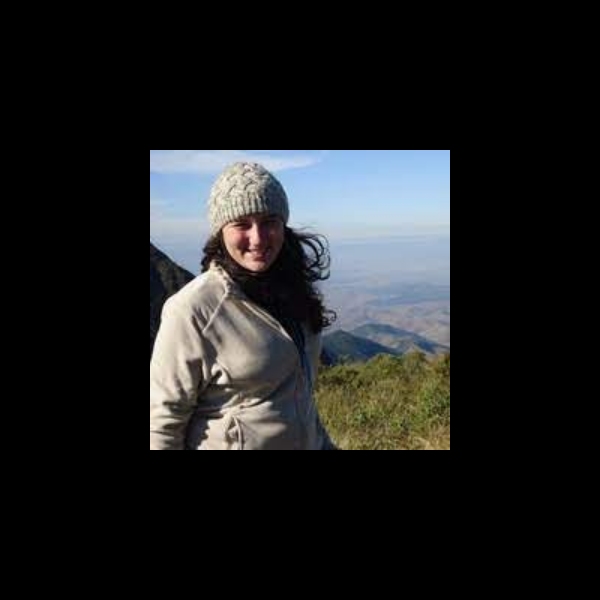
'The influence of different macrophages phenotypes, and of the P2X7 receptor, on the invasiveness and chemoresistance of neuroblastoma' at the symposium 'Brazilian Young Investigators' Symposium · Carolina Adriane Bento
'New inhibitors of recombinant TcNTPDase-1: evaluation of synthetic compounds and characterization of the type of inhibition' at the symposium 'Brazilian Young Investigators' Symposium
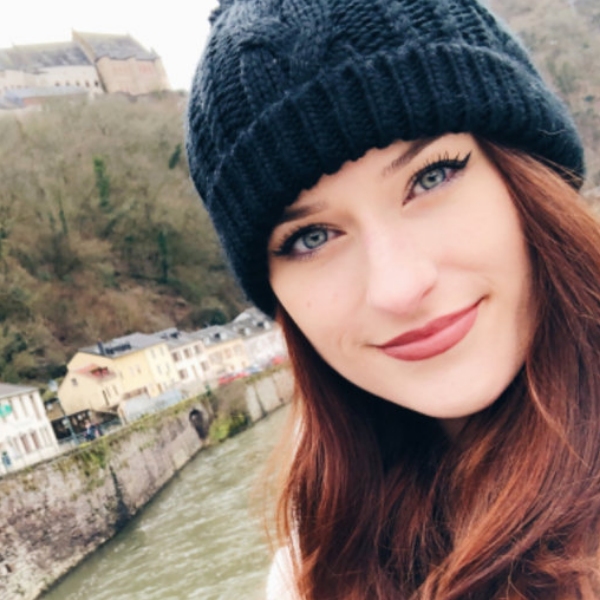
'The immunomodulatory and antitumoral properties of glioblastoma-derived extracellular vesicles' at the symposium 'Brazilian Young Investigators' Symposium · Juliete Nathali Scholl
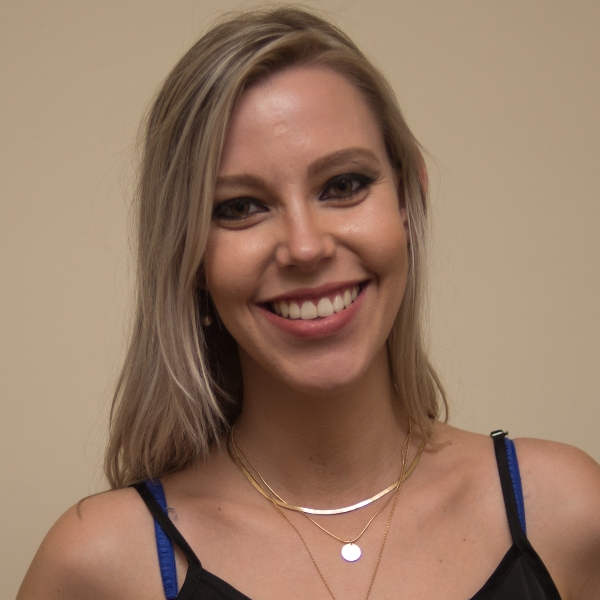
'Role of adenosine signaling on Huntington’s disease phenotype induced by 3-nitropropionic acid in adult zebrafish' at the symposium 'Brazilian Young Investigators' Symposium · Melissa Talita Wiprich
Closing Conference Conferência · Prof. Dr. Claudiana Lameu, Prof. Dr. Hening Ulrich, Prof. Dr. Mariusz Z. Ratajczak
Closing Ceremony Closure
Accreditation
Non-defaulting members are totally exempt from fees for registrations made until May 02.
If you are in delay with your annuity, go to the Brazilian Purine Club website to regularize your situation: clubedepurinas.com.br/anuidade
And if you are not yet a member of the Brazilian Purine Club, click on the link below to join and share with others who may be interested: clubedepurinas.com.br/filiacao
Members with up-to-date annuity payment will automatically receive a link to their registration by email.
Report sent successfully!
Report this event
Please describe below the reason for your complaint.
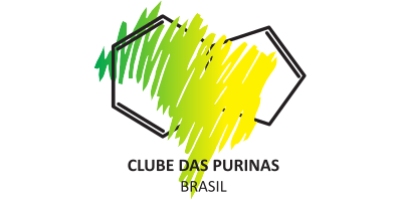
Clube Brasileiro de Purinas
The Brazilian Purine Club (BPC) was founded in 2009 with the objective of bringing together the scientific community interested in topics related to purinergic signaling. The organization of periodical congresses aims to promote the integration of researchers and students in a scientific field, which has been rapidly expanding in Brazil and worldwide. Based on that, nine scientific congresses were held so far. In addition, the society has given financial support for young researchers through the selection of proposals for interlaboratory works to promote cooperation between Brazilian research laboratories.
Learn more at purines2021.clubedepurinas.com.br/the-society